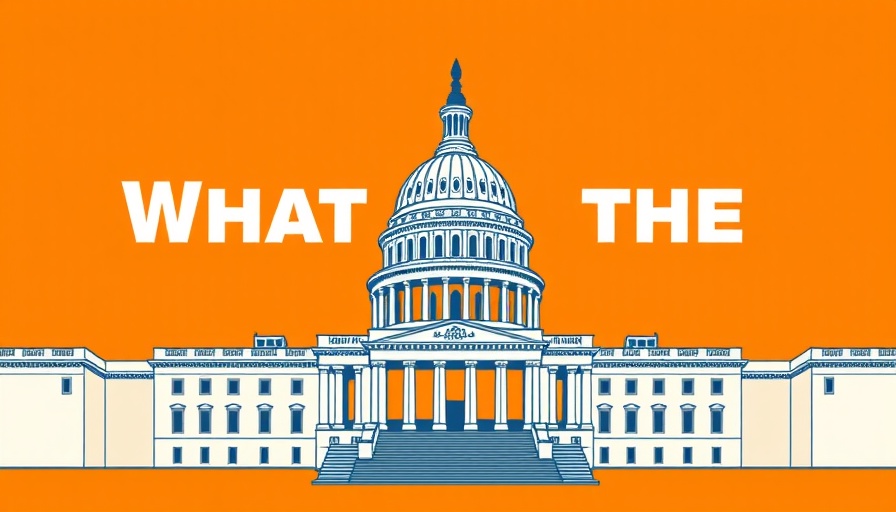
Where Health Policy Meets Political Shifts
The current landscape of U.S. health care is increasingly influenced by political decisions, particularly with the challenging climate surrounding Medicaid and vaccine skepticism. Amid claims of funding cuts amounting to $880 billion, Congress is reconsidering significant programs like Medicaid, even as many of its beneficiaries swell from traditionally Republican constituencies.
Health and Human Services Secretary Robert F. Kennedy Jr.'s recent order halting research into vaccine hesitancy illustrates a troubling trend where scientific dialogue is stifled to fit a narrative. The rejection of the nomination of vaccine skeptic Dave Weldon to head the CDC underscores a wider concern about the future of public health leadership amid growing partisan divides over health care trust.
Medicaid and Its Vulnerabilities
Medicaid, which provides vital health services to one in five Americans, is under scrutiny as cuts are proposed. The KFF tracking poll highlights a critical point—while 84% of Medicaid enrollees express satisfaction with their coverage, nearly half of them believe that the federal government isn’t spending enough on the program. This disconnect between public support and political action could lead to adverse health outcomes for vulnerable populations, particularly as rural hospitals brace for potential fallout from funding cuts.
Driving the Debate on Health Coverage
The conversation around education and vaccines represents another key issue in public health. The recent poll indicated a worrying trend; 26% of Republican parents opted to skip or delay childhood vaccinations, raising questions about community immunity and public health safety. This skepticism could not only jeopardize children's health but also strain public health resources as states grapple with maintaining vaccination rates in the face of misinformation. Voters across party lines want substantial government involvement to sustain and enhance Medicaid, which relegates political gamesmanship to a concerning backdrop.
Confronting Mental Health Under Strain
As service levels drop due to federal workforce reductions within health agencies, there is a growing concern among public health professionals regarding mental health. The looming job cuts have stirred anxiety about how service delivery will be affected, as detrimental outcomes are expected across the board. The recent challenges posed by the lack of federal support paints a concerning picture for the mental well-being of the health workforce, a critical factor in sustaining quality patient care.
What Lies Ahead for Health Policies
Looking ahead, the intersection of health policy and economic considerations will be pivotal as states anticipate these federal spending changes. The urgency to advocate for comprehensive health care access emerges as key to ensuring that marginalized populations receive care amid potential legislative shifts. With many Americans echoing concerns about potential Medicaid cuts that may arise to finance tax cuts, the need for a collective push to improve health services seems more pressing than ever.
To understand how each of these topics not only impacts you but others around you, stay informed about ongoing negotiations concerning Medicaid and health coverage strategies. As these discussions unfold, your input as a tech-savvy health enthusiast is invaluable in promoting effective change in health policies.
 Add Row
Add Row  Add
Add 




 Add Row
Add Row  Add
Add 



Write A Comment